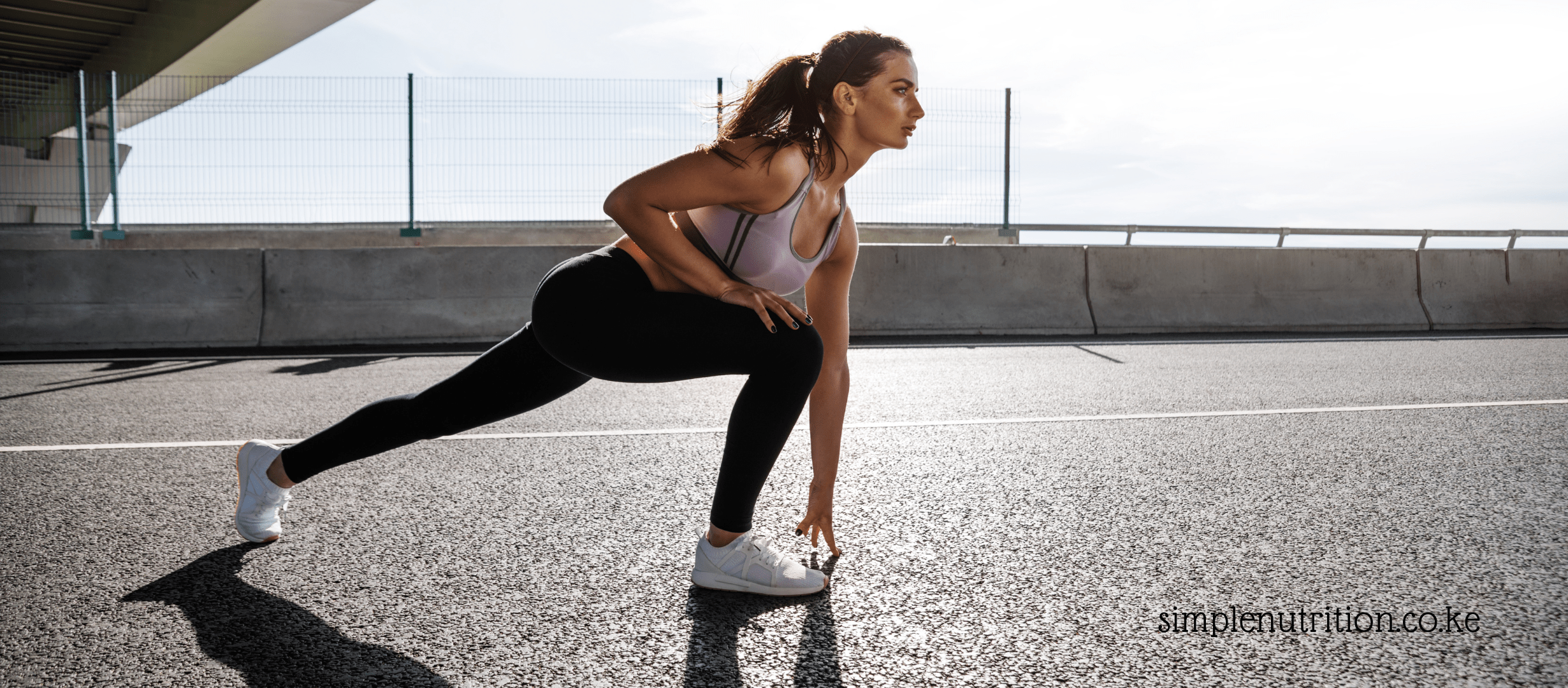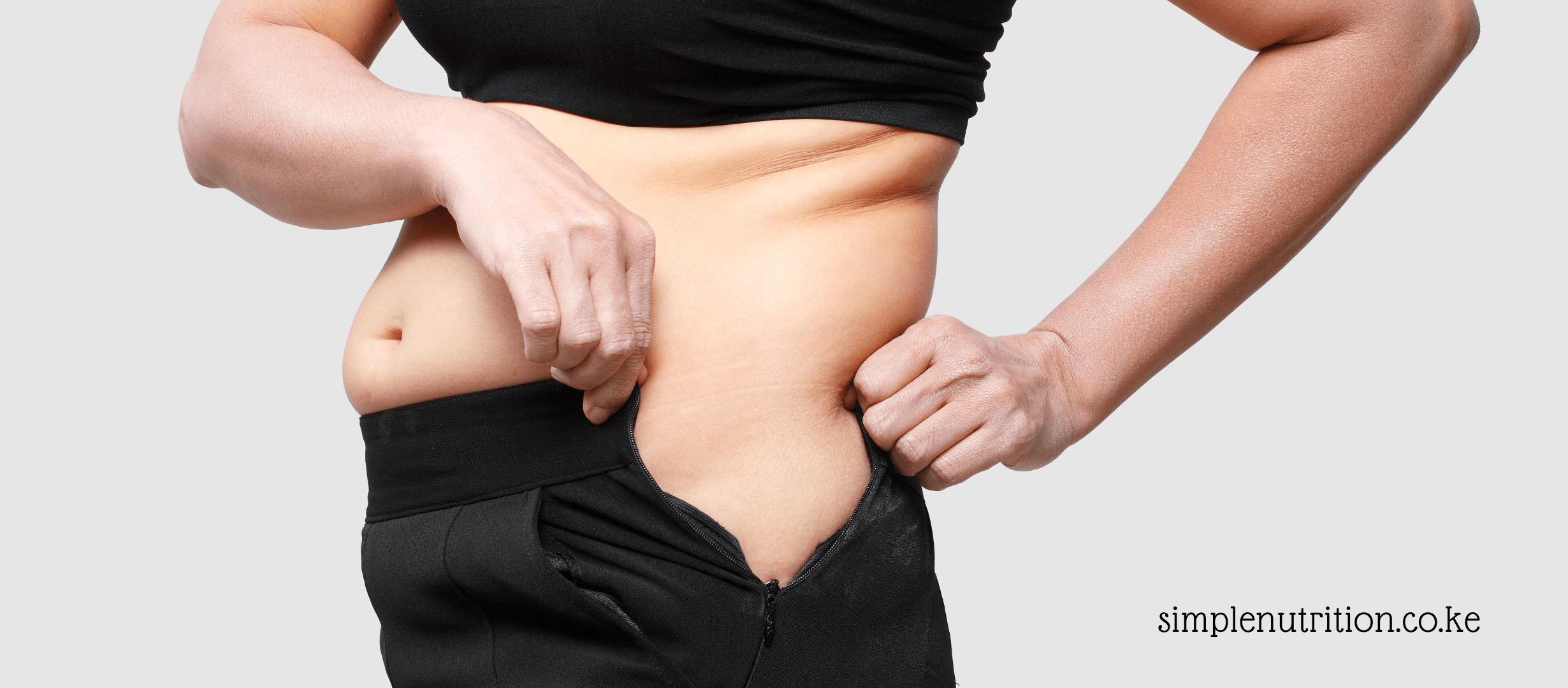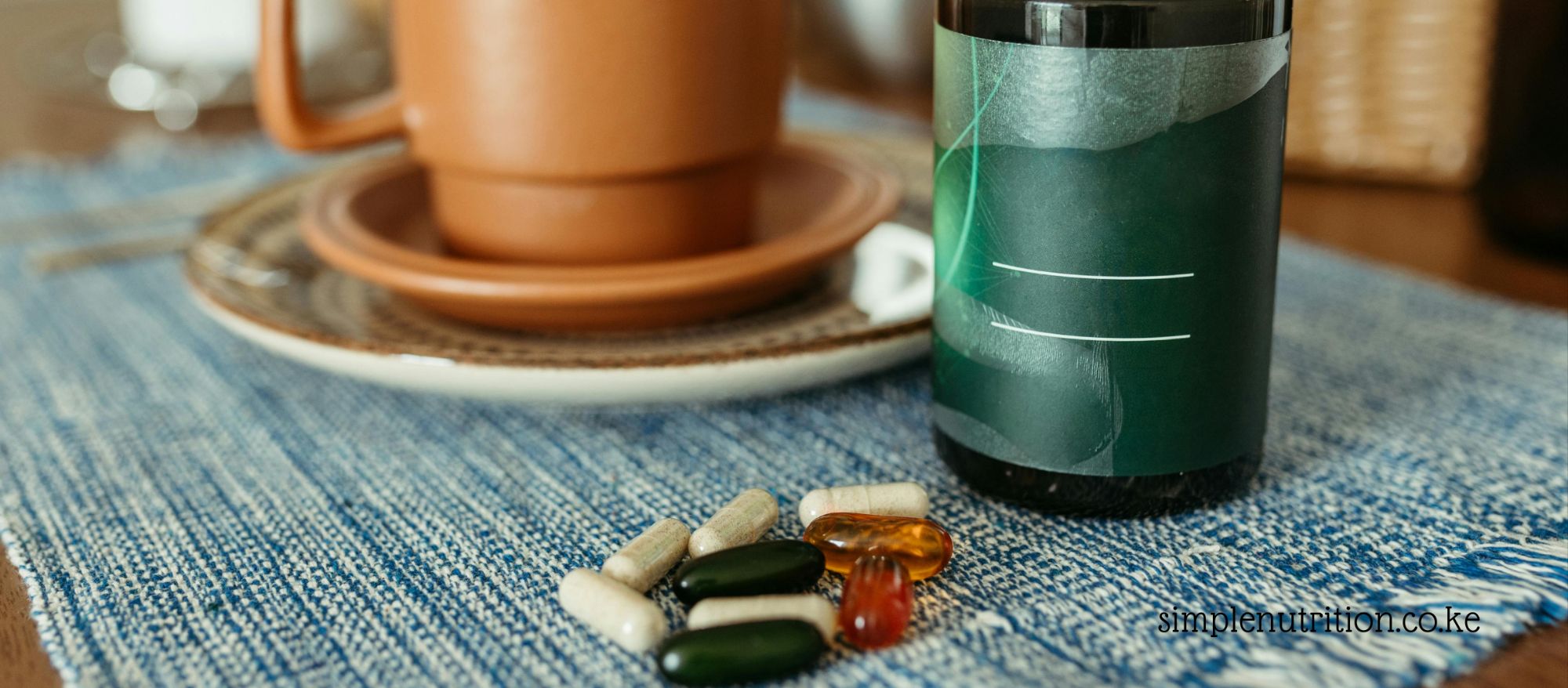Iron supplements are oral medications or dietary supplements that contain iron (a mineral essential for the production of haemoglobin), which helps red blood cells carry oxygen throughout the body. Iron supplements are often prescribed to treat or prevent iron deficiency anaemia, a condition that is characterized by low levels of red blood cells due to insufficient iron in the body.
Why do you need iron supplements?
You may need iron supplements if you have an iron deficiency, which can occur due to various reasons such as;
- Inadequate dietary intake,
- Blood loss (through menstruation, injury, or other medical conditions),
- Poor absorption of iron from the diet, or
- Increased iron requirements during pregnancy or periods of rapid growth.
Iron is essential for the production of haemoglobin in red blood cells, which carries oxygen from the lungs to the rest of the body. Without enough iron, your body cannot produce an adequate amount of haemoglobin, leading to symptoms such as fatigue, weakness, pale skin, and shortness of breath, among others. Iron supplements can help replenish iron levels and treat or prevent iron deficiency anaemia.
How should you take iron supplements?
Iron supplements are often taken orally, usually with water or juice.
Some general guidelines while taking iron supplements include:
- What time?: Iron supplements are often best absorbed on an empty stomach, which means taking them about an hour before meals or two hours after meals. However, if you experience stomach discomfort or irritation as is common in pregnant women, you can take them with a small amount of food to help minimize these side effects.
- Nutrient interaction: Certain substances can interfere with iron absorption, such as calcium, antacids, tea, and coffee. It’s best to avoid consuming these substances close to the time you take your iron supplement.
- Vitamin C and Iron Absorption: Taking iron supplements with vitamin C can enhance iron absorption. Consider taking your iron supplement with a glass of orange juice or another source of vitamin C. Preferably over just using pure water.
- Remaining consistent: Take your iron supplement consistently at the same time each day to maintain steady iron levels in your body. Important especially if you are meant to be on iron supplements for a long period like during pregnancy.
What mistakes do we make when taking iron supplements?
You are Not Taking Them with Vitamin C: Iron absorption is enhanced when taken with vitamin C. Many people overlook this and miss out on the benefits of improved absorption. In this case, taking the supplements with a glass of fresh orange juice can give better results as compared to using pure drinking water.
You are Taking Them on a Full Stomach: Iron supplements are often best absorbed on an empty stomach. Taking them with a meal, especially one high in fiber, calcium, or caffeine, can interfere with absorption and reduce their effectiveness.
Iron-rich foods that may substitute supplementation.
- Red Meat: Beef, lamb, and pork are rich sources of heme iron, which is more easily absorbed by the body compared to non-heme iron found in plant-based foods.
- Poultry: Chicken and turkey are good sources of heme iron.
- Fish and Shellfish: Certain types of fish, such as tuna, salmon, and sardines, as well as shellfish like shrimp, are rich in iron.
- Beans and Lentils: Legumes like lentils, chickpeas, black beans, and kidney beans are excellent plant-based sources of iron.
- Tofu and Soy Products: Are good sources of iron, particularly for vegetarians and vegans.
- Fortified Foods: Fortified foods like breakfast cereals, bread, and pasta often contain added iron.Nuts and Seeds: Certain nuts and seeds, such as almonds, cashews, pumpkin seeds, and sesame seeds, are good sources of iron.
Incorporating these iron-rich foods into your diet can help boost your iron intake naturally. However, it’s essential to pair these foods with sources of vitamin C to enhance iron absorption. Additionally, if you have iron deficiency anemia or other medical conditions you may require iron supplementation.
How to take iron supplements when pregnant?
Taking iron supplements during pregnancy is important to support the increased demand for iron, as iron deficiency can lead to complications for both the mother and the baby.
Get the iron supplements prescribed : Before starting any new supplement regimen, including iron supplements, it’s crucial to consult with your doctor. To determine if you have an iron deficiency and recommend the appropriate dosage.
Follow the dosage strictly : Your doctor will prescribe the appropriate dosage of iron supplements based on your individual needs. It’s important to follow their instructions carefully, including the timing and frequency of the supplements.
Take with Vitamin C: Iron absorption is enhanced when taken with vitamin C. Consider taking your iron supplement with a source of vitamin C, such as orange juice or citrus fruits.
Watch out on Calcium: Calcium can interfere with iron absorption, so it’s best to avoid taking calcium supplements or consuming calcium-rich foods (such as dairy products) at the same time as your iron supplement. Taking your iron supplements with a glass of milk is not recommended.
Manage Side Effects: Iron supplements can sometimes cause constipation, nausea, or stomach upset. Drinking plenty of water and consuming fiber-rich foods can help alleviate constipation.
Monitor Iron Levels: This helps ensure that you are receiving adequate iron supplementation and can adjust the dosage if necessary.
Summary!
Iron supplement are best absorbed on an empty stomach or with vitamin C.
Avoid taking iron supplements with substances that interfere with absorption. Like tea and coffee.
Don’t take iron supplements on a full stomach.Take with vitamin C but avoid calcium-rich foods or supplements at the same time.
Manage side effects and monitor iron levels regularly.
Discover more from Simple Nutrition
Subscribe to get the latest posts sent to your email.






